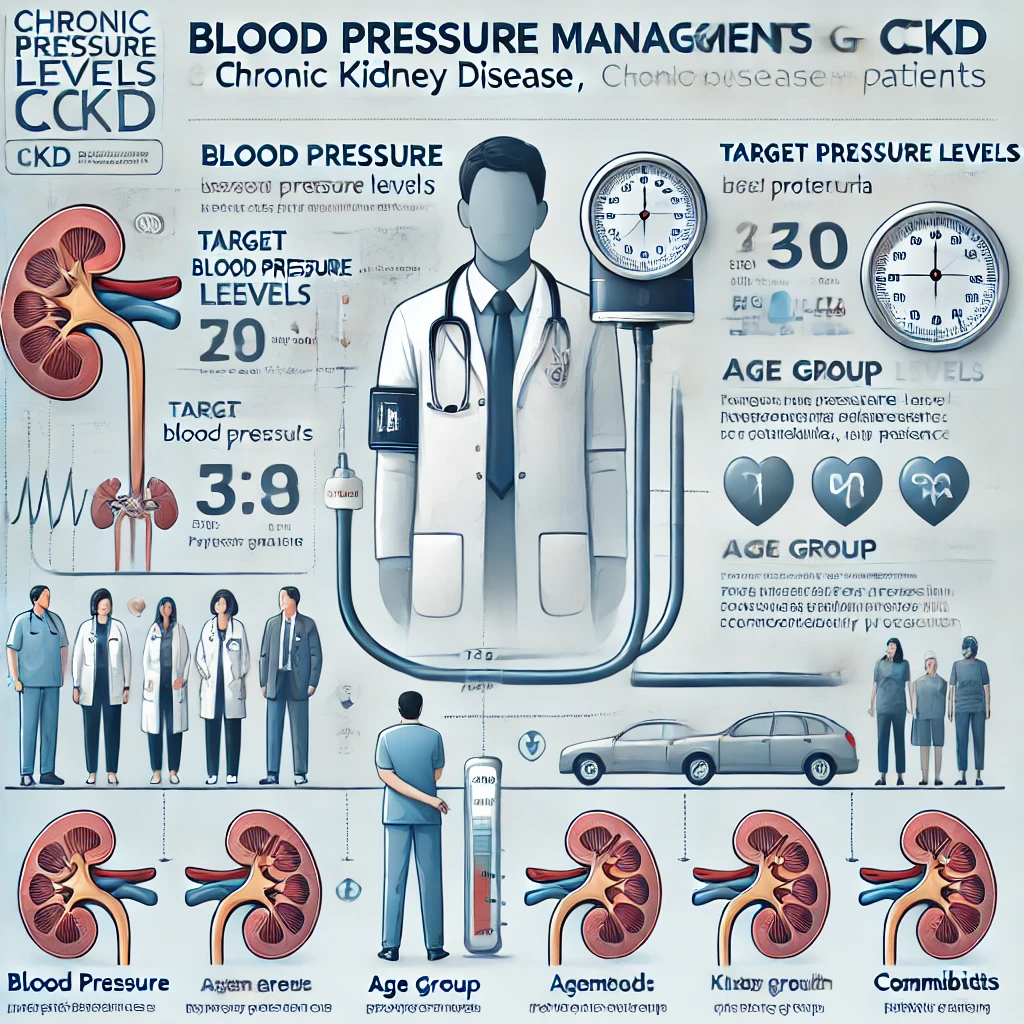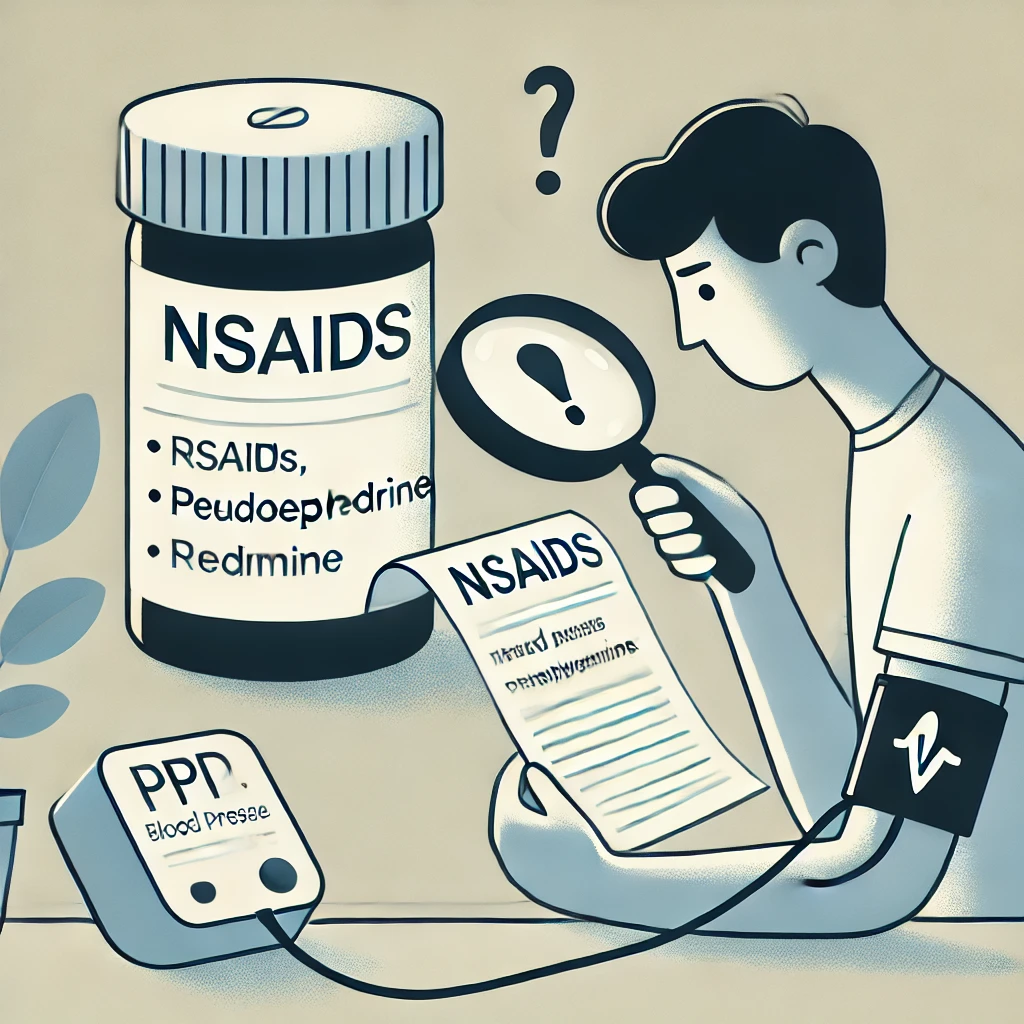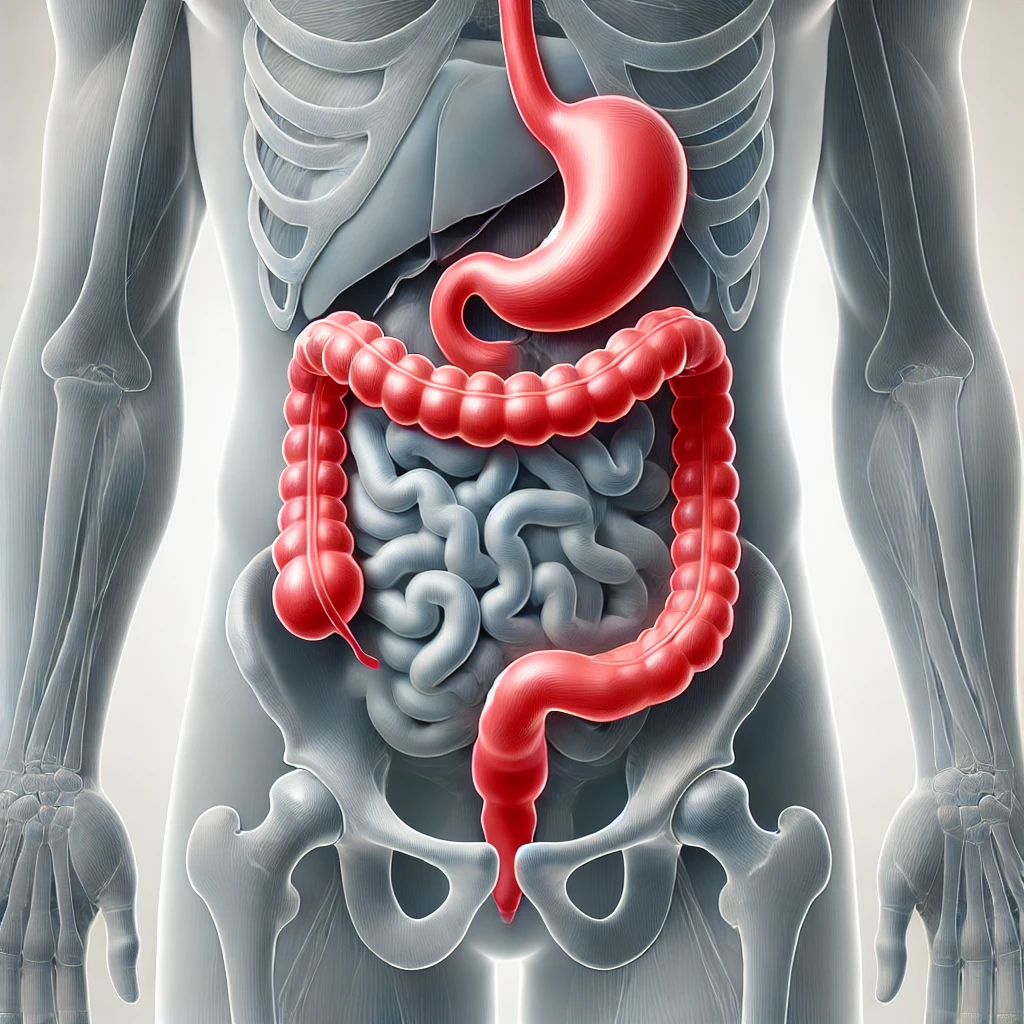Chronic Kidney Disease Blood Pressure Management, Optimally
1. Why Is Blood Pressure Control Important? Chronic Kidney Disease Blood Pressure Management, Blood pressure (BP) plays a crucial role in kidney function. Many chronic kidney disease (CKD) patients experience hypertension, which, if left unmanaged,… Chronic Kidney Disease Blood Pressure Management, Optimally


